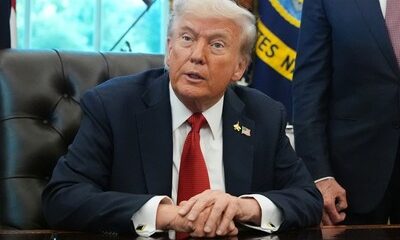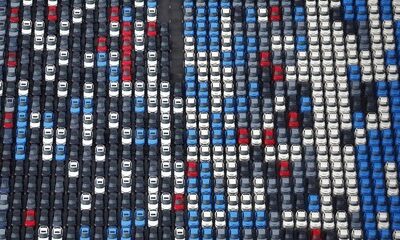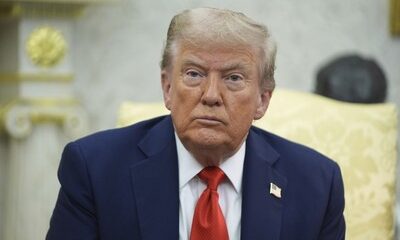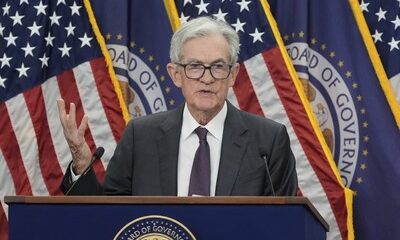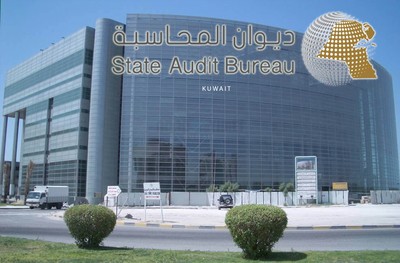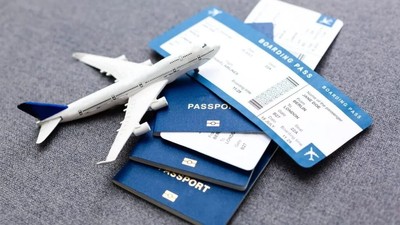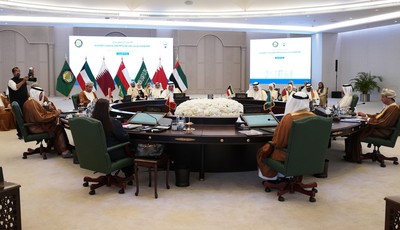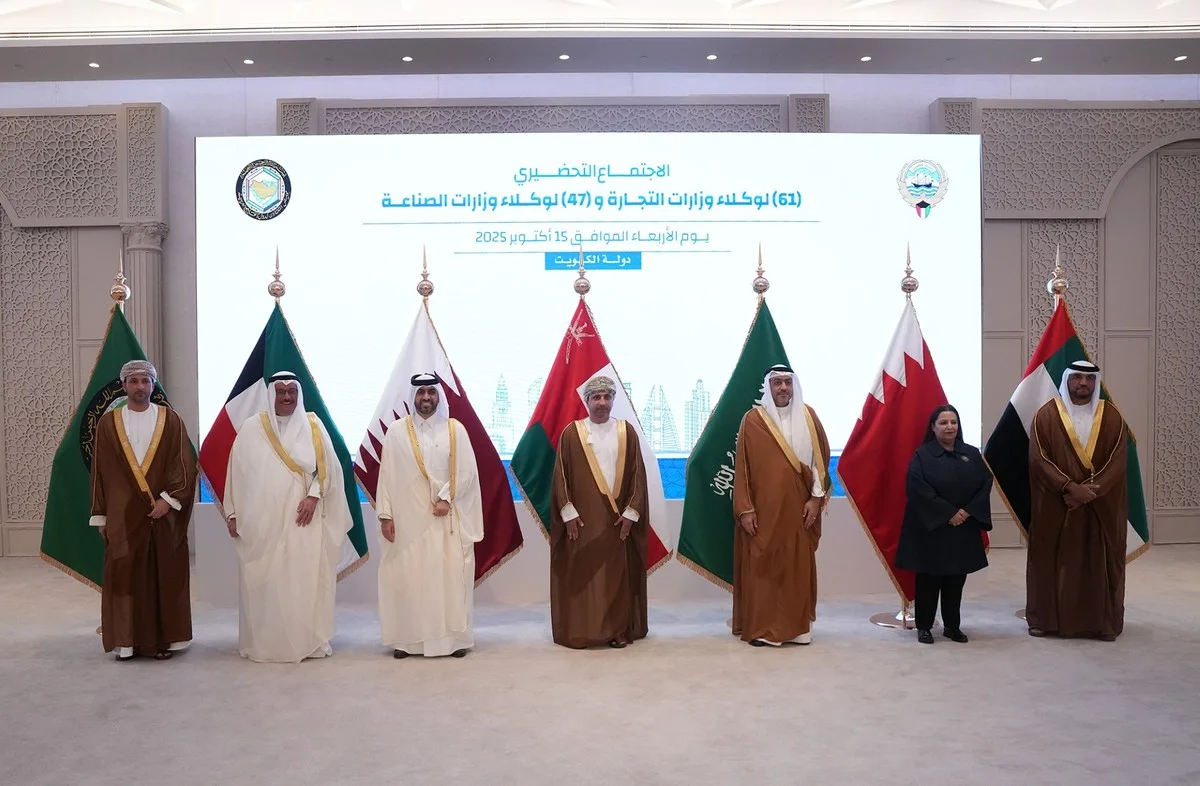KUWAIT CITY, Oct 15: The urge to travel, explore new cultures, and create lasting memories is universal. However, the upfront cost of flight tickets can often be a significant hurdle. What if you could secure your seat today and spread the cost over time, without the stress of a large, immediate payment?
Welcome to the world of Book Now, Pay Later (BNPL) flights. This revolutionary payment model is making travel more accessible and financially manageable. In this guide, we’ll explore how you can leverage leading services like Tabby and Tamara, address the most common questions travelers have, and show you how to book your next adventure with confidence.
How Does “Book Now, Pay Later” for Flights Work?
The concept is simple: you book your flight ticket now and pay for it in a series of manageable installments. Instead of paying the full amount at once, you can lock in the best prices while managing your budget. For travelers in the Middle East, two names have become synonymous with this flexibility: Tabby and Tamara. These platforms have partnered with leading travel websites like almatar to offer seamless payment solutions.
Your Go-To Options for Ultimate Flexibility
When planning your travels, almatar makes it incredibly simple to finalize your Tabby flight ticket or your Tamara flight booking directly at checkout.
● Tabby: Famous for its “Split in 4” plan, Tabby allows you to pay 25% of the flight cost at booking and the rest in three interest-free monthly installments. It’s perfect for managing the cost of short-haul or budget-friendly trips.
● Tamara: Tamara offers exceptional flexibility for larger travel expenses. On almatar, Tamara provides installment plans for up to 12 months for eligible bookings. This is a game-changer for budgeting significant expenses like family vacations or long-haul flights, making even the biggest trips affordable.
The process is designed for convenience: search for flights on almatar, proceed to checkout, and select your preferred BNPL provider to see your payment plan.
Key Questions Answered: BNPL, Credit Cards, and Your Concerns
Research shows travelers have important questions before using BNPL. Let’s address them directly.
1. Is BNPL better than using a credit card for flights?nIt depends on your goal. Credit cards may offer rewards like air miles but often come with high-interest rates if you don’t pay the balance in full. BNPL services like Tabby and Tamara typically offer zero interest or fees if you pay on time, making the total cost more predictable. The application is also simpler, often requiring just an ID and phone number, unlike lengthy bank approvals for credit cards.
2. Will using Tabby or Tamara affect my credit score?nGenerally, applying for a BNPL plan involves a soft credit check, which does not impact your credit score. However, this is a real financial commitment. Failing to make payments on time can lead to late fees and may be reported to credit bureaus, which could negatively affect your score in the long run.
3. What happens if my flight is canceled?nThis is a crucial point. If the airline or you cancel the flight, you must still follow the cancellation policy. Once almatar processes the refund according to the airline’s terms, the amount is returned to your BNPL provider. The provider will then adjust your payment plan or refund what you’ve already paid. It’s essential to check the airline’s refund policy before booking.
● Understand the Payment Schedule: Know exactly when your installments are due.
● Budget Accordingly: Factor the monthly payments into your budget to ensure you can comfortably cover them.
● Check Cancellation Policies: Before booking, understand the refund rules from both the airline and almatar, so you know what to expect if plans change.
● Pay on Time: The biggest benefit of BNPL is the interest-free structure. Avoid late fees and protect your credit history by always paying on schedule.
Ready to plan your next trip without financial stress? Explore your flight options on almatar and choose the incredible flexibility of Tabby or a Tamara plan for up to 12 months at checkout to make your travel dreams a reality today.

 Latest News20 hours ago
Latest News20 hours ago
 Politics23 hours ago
Politics23 hours ago
 Latest News23 hours ago
Latest News23 hours ago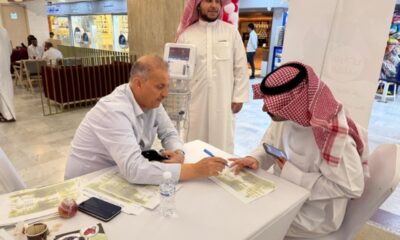
 Latest News22 hours ago
Latest News22 hours ago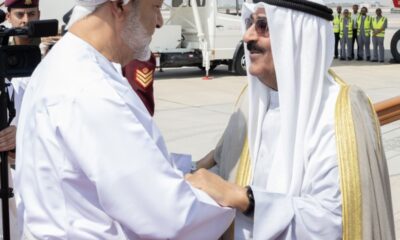
 Latest News19 hours ago
Latest News19 hours ago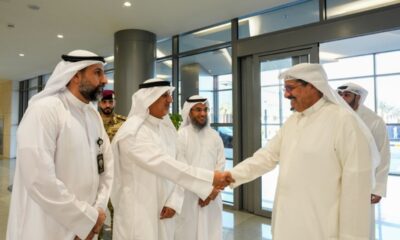
 Latest News18 hours ago
Latest News18 hours ago
 Business24 hours ago
Business24 hours ago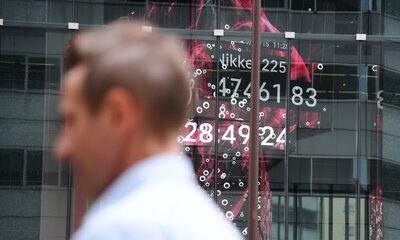
 Business12 hours ago
Business12 hours ago


